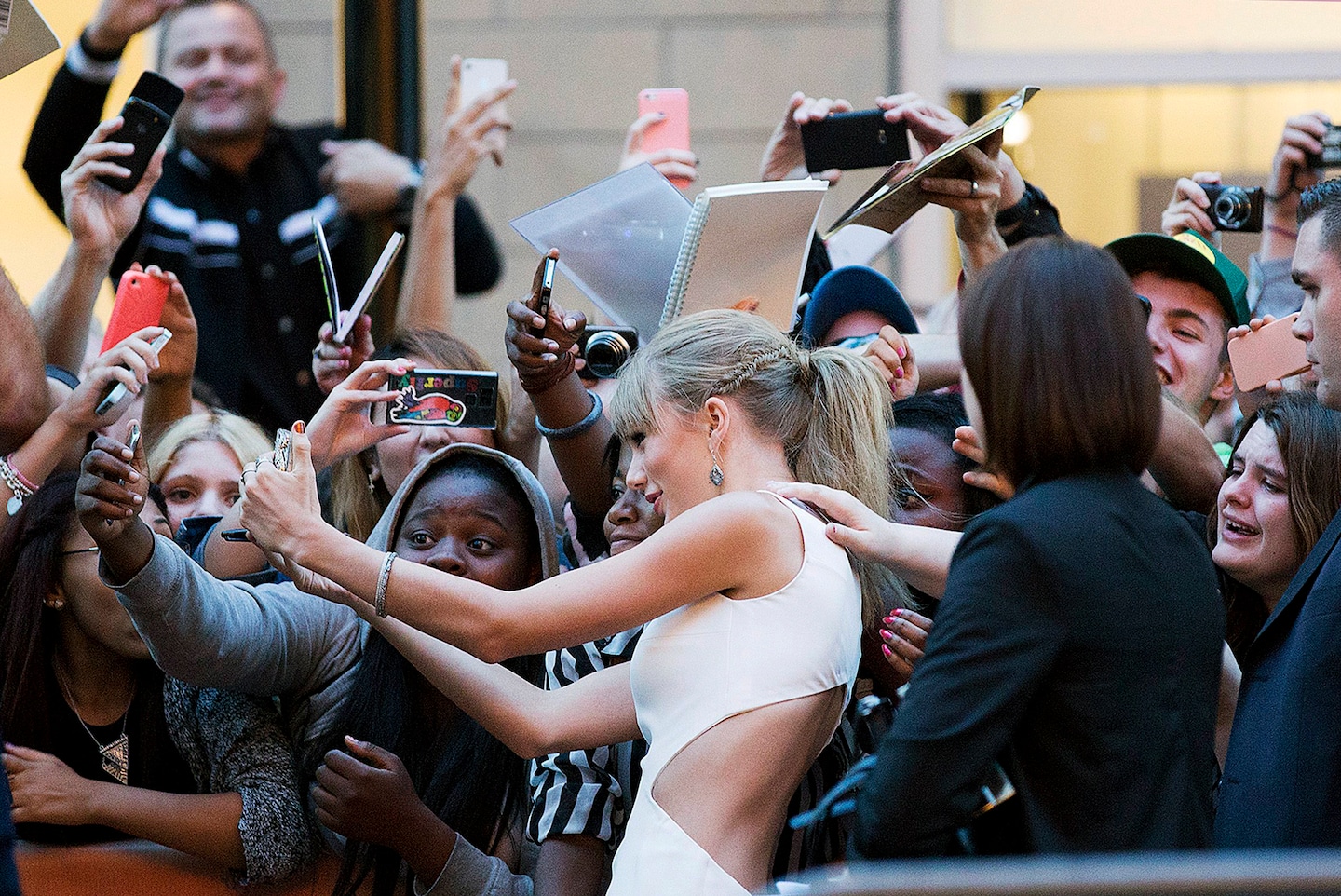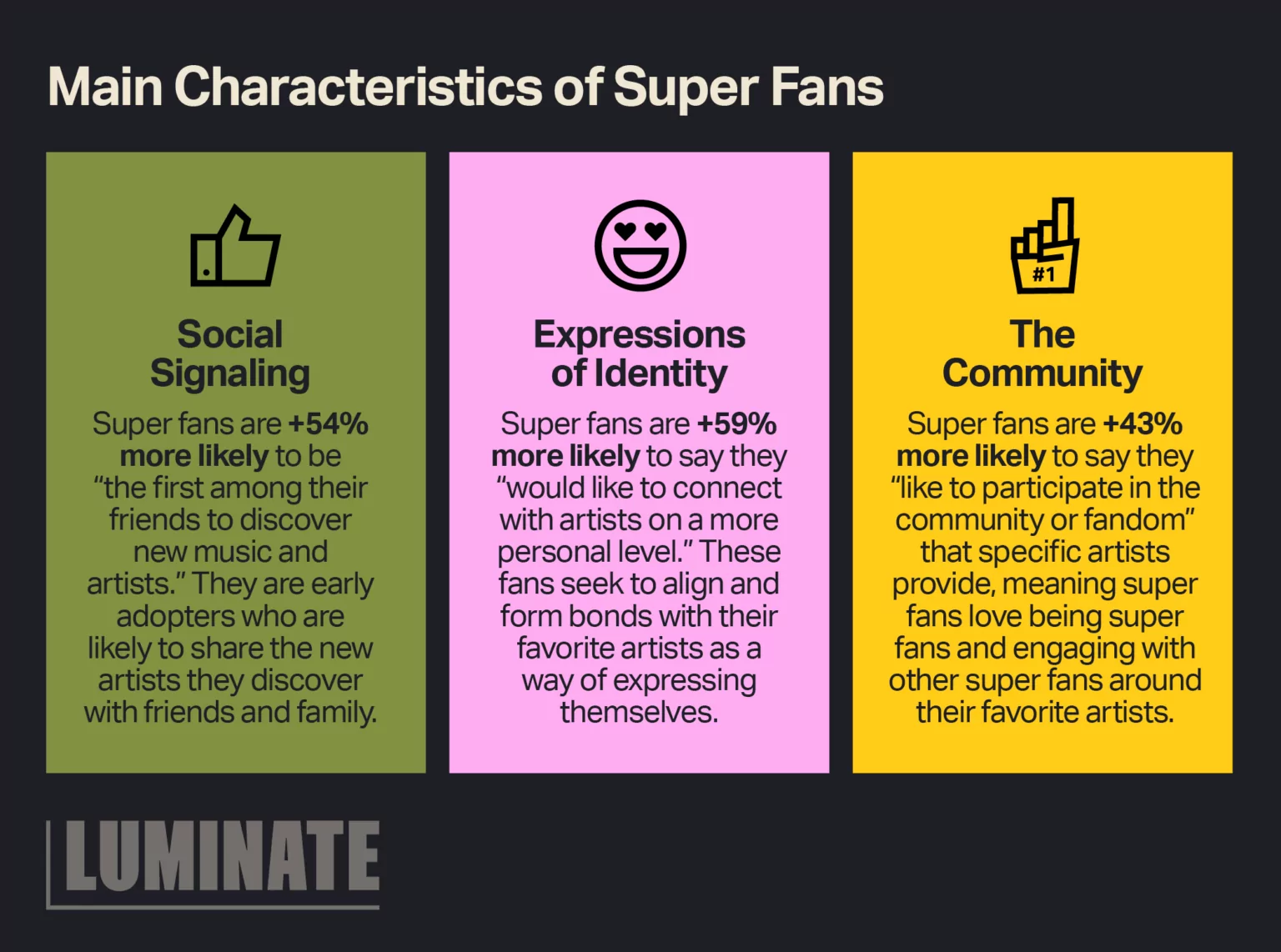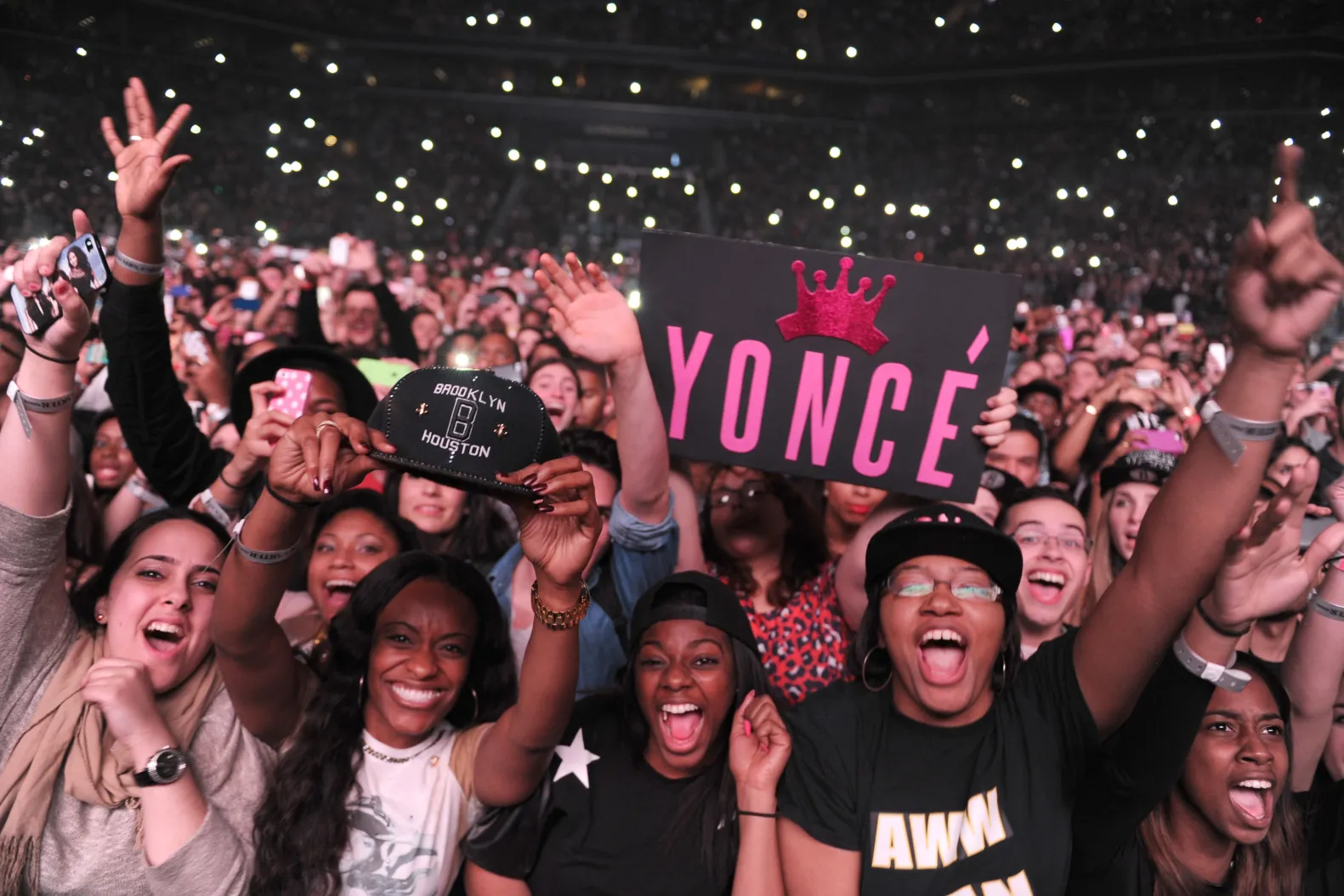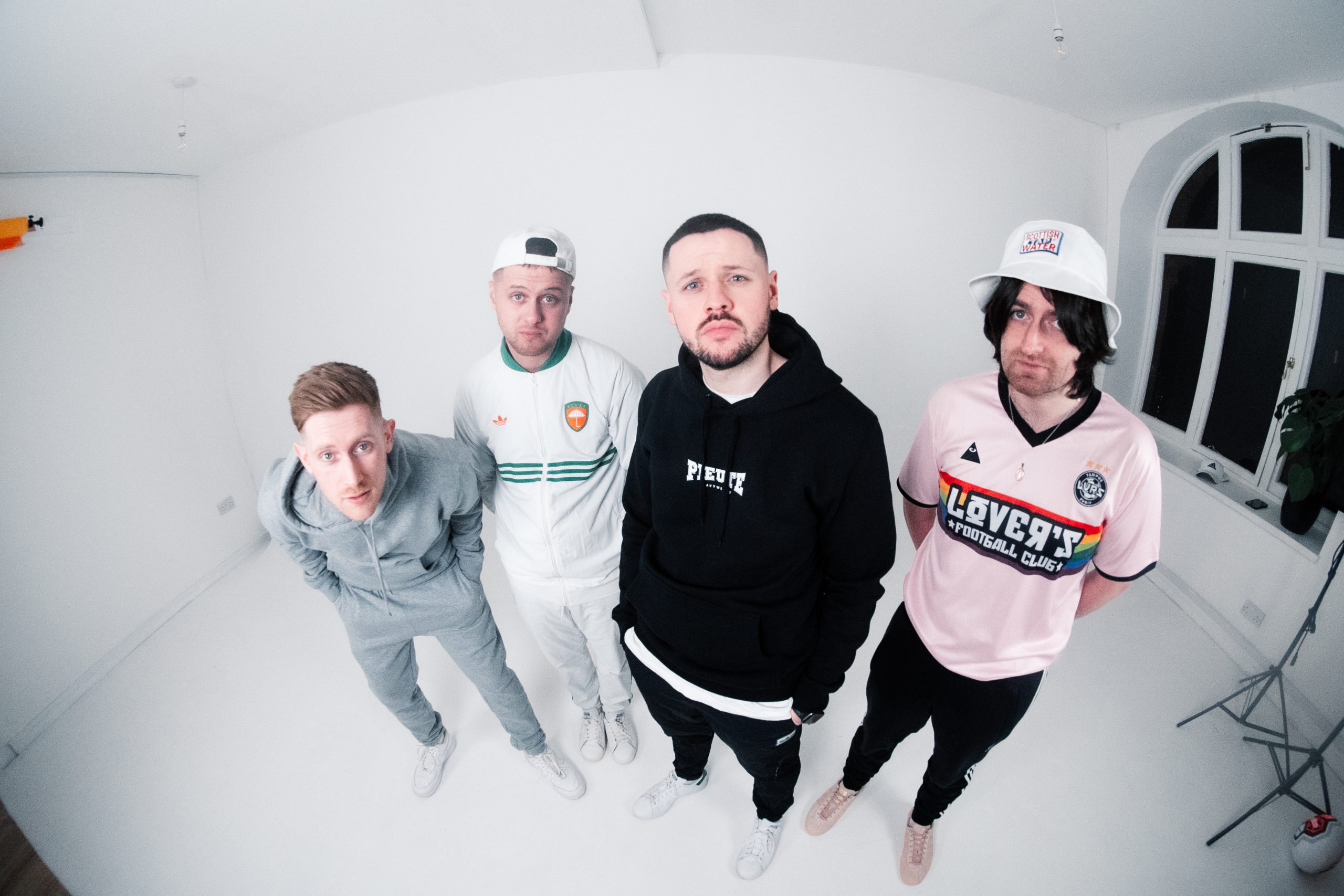Superfans: Why They’re Vital for Artists in the Algorithm Era
Over the past year, we’ve been talking a lot about the importance of superfans in developing careers. It seems the rest of the industry is catching up, as the concept of “superfans” is quickly becoming the hottest music industry trend of 2024. Why? 1) Many music industry heads are now talking about it 2) It’s an approach that works.
The music superfan theory is nothing new, but in an industry increasingly overtaken by algorithms, superfans provide a sure-fire way for artists – even emerging and mid-tier artists – to make money and develop their audience. Let’s take a deep dive into music superfans and why they’re now more important than ever for both emerging and established artists.

What is a superfan?
Simply put, superfans are a subgroup within an artist’s fan base who are willing to support and pay more for anything related to their favourite artist than the average fan. Superfans not only stream an artist’s music, watch their music videos, and occasionally go to a live show. No, they go beyond that. They’re ready to travel thousands of miles to attend a show, and are the first to buy merch. Their level of dedication exceeds that of the average engaged fan.
If we boil it down to finances and measure average revenue per user, superfans come out on top, as they’re the ones who spend the most money on the artist. But if we go beyond finances, superfans are also brand ambassadors, advocates, and torchbearers of an artist’s narrative. There’s also a real affinity for the person behind the music, and typically know details about their personal life and musical journey that casual fans aren’t really interested in.
How can music superfans influence an artist’s career?
In previous eras, someone’s success was tied to how much units they sell. This metric defined who became a superstar and who flopped. When the industry shifted to digital, this definition became more nuanced due to the large amount of data that now needs to be taken into account.
Nowadays, the music industry generally uses the following criteria as key performance indicators: the number of streams, the number of organic searches of the artist’s name and music, and how often the artist’s songs have been added to individual playlists and libraries. In addition, an artist’s social media following has also become a key – if not THE key – factor in determining an artist’s position in the industry’s success hierarchy.
According to Spotify, superfans make up about 2% of artists’ monthly listeners. However, they account for 18% of the monthly streams. In addition to Spotify data, Luminate Data found that superfans spend 80% more on music per month than the average US-based listener. What’s more, those who continue to purchase physical formats are twice as likely to be music superfans.
So, given these KPIs and findings, how can superfans change the trajectory of an artist’s career? They can literally make (or even sometimes break) an artist. First off, superfans have the power to contribute to an artist’s cultural impact, influencing both online and offline discussions about that artist’s involvement in fashion, music and social issues. Their devotion and discussions create a ripple effect, elevating their favourite artist’s presence in the larger cultural narrative.
They’re also in a unique position to engineer virality. If a group of superfans start sharing an artist’s content, create fan art and fan-generated content, and engage with other online communities, they can amplify an artist’s reach to viral level. In turn, they can transform a singular musical experience into a shared cultural phenomenon.
What are the main characteristics of a music superfan?
Based on research conducted by Luminate Data, the three main characteristics of a music superfan are social signalling, identity expression and community:

Social signalling
Superfans tend to be early adopters in music discovery and finding emerging talent. By becoming early adopters and being in tune with the cultural conversation, they accumulate social capital and position themselves as tastemakers in their circles. This is called the “pioneer effect,” as they take on the “pioneer role” of introducing their family, friends and acquaintances to new artists and evangelising why they should also become fans.
Identity expression
Superfans not only use their words as a form of advocacy, but also adopt some of the artists’ identifying features and values as a way of expressing themselves. Whether it’s something as simple as copying their favourite artist’s haircut, or something as nuanced as political opinion, they often use their association with a particular artist as the catalyst to express who they really are.
Community
Being part of a fandom provides an undeniable sense of community. That sense of belonging is a fundamental human experience. According to the Australian Psychological Society – “A sense of belonging does not depend on participation with, or proximity to, others or groups. Rather, belonging comes from a perception of quality, meaning and satisfaction with social connections.”
Being part of a fandom provides an undeniable sense of community. That sense of belonging is a fundamental human experience. According to the Australian Psychological Society – “A sense of belonging does not depend on participation with, or proximity to, others or groups. Rather, belonging comes from a perception of quality, meaning and satisfaction with social connections.”
Superfan communities provide a safe and welcoming space for those who share a deep passion for a particular artist. They allow fans to connect with like-minded people without fear of being judged or ostracised for their fandom. Whether it’s online communities or in-person meetups, fan communities play a crucial role not only in driving an artist’s career forward, but also in bringing a sense of purpose and fulfilment to the lives of each superfan.

How to turn fan data into actual superfans
Talking about big names and their fan communities is all well and good. But how can emerging and mid-tier artists identify who’s a superfan and who’s just a passerby?
With social media and streaming platforms hoarding data, it’s easy to feel like your fans are anonymous. Instead of relying on these platforms, use them as a discovery funnel and transfer interested individuals to platforms where YOU own the data. These include email marketing platforms and subscription platforms like Patreon.
Email marketing provides a direct line of communication with your superfans, free of the shackles of algorithms. The value of this communication is immeasurable, as fans who willingly share their email address with you are more likely to be on their way to superfan status.
Subscription platforms are the epitome of super-fandom. Fans are investing their hard-earned money on you, and what better way to support your career than a monthly cash injection?
Superfans, exclusivity and personalisation
Superfans are drawn to exclusivity. Once you’ve decided to set up a Patreon (or equivalent), you need to prioritise delivering exclusive content and honouring your side of the deal. Those who actively seek and join these spaces are deeply invested in your journey, so don’t take their commitment (or money!) for granted.
That’s why personalised communication is so important. Make sure you tailor your interactions to acknowledge each individual’s support. Use names, reference specific interactions, and acknowledge their contributions. This level of personalisation not only strengthens your connection with each superfan, but also strengthens your community.
Final note
Keep in mind that followers do not equal fans. So, instead of hyper-focusing on numbers, invest your time and energy in building a community that can support you and your career in the long term. By adopting these strategies, you’ll not only be able to identify who your superfans are, but also foster a thriving superfan community that can take you to the next level.





